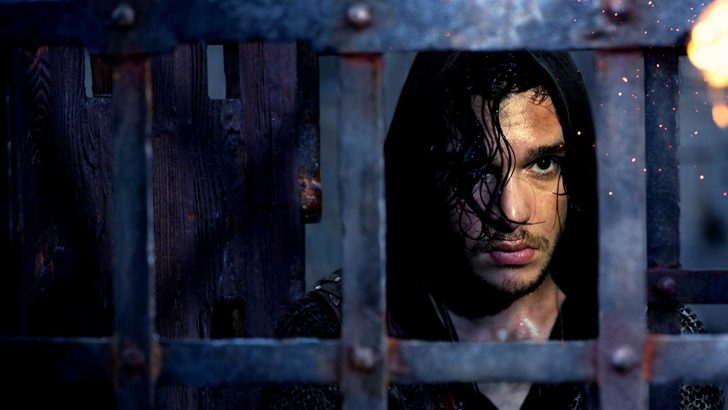Editor’s Comment
BBC One aired the first instalment of Gunpowder at the weekend, a three-part retelling of the 1605 Catholic plot to blow up the House of Lords. It made for tough – if gripping – viewing. The scenes of the executions of Catholics amidst a blaze of anti-Catholic hysteria were brutal and it seemed to come as an absolute surprise to many British commentators that this was part of their history. So much so, it led The Daily Telegraph to run an article with the headline ‘Gunpowder fact vc fiction: how accurate is the BBC series?’
One of the questions addressed is “did gory ‘crushing-to-death’ executions really happen?’ The sad answer, or course, is yes – and it gives the example of a Catholic woman named Margaret Clitherow who was crushed to death, for the ‘crime’ of harbouring and aiding priests.
Practice
Another remarkable question in the article is: did Catholics really hide priests in secret compartments? Of course, the answer is ‘yes’. In fact, this was common practice among Catholic families in Tudor times. Lots of older houses in England had so-called priest holes installed for this very purpose. Many of these can still be seen today.
It’s apt that the series runs as Christians are commemorating the 500th anniversary of the Reformation and people are rightly reflecting on the rights and wrongs of that period. Martin Luther’s protestations against the Church rightly highlighted some of the abuses that had crept into the Church. At the same time, it unleased a wave of violence across Europe that saw millions of people lose their lives – including a third of the population of Germany at the time.
No-one wants to use anniversaries like this to open up old wounds, must less hijack television series to score points about the brutal persecution of Catholics in Tudor England, but history is history and should be addressed.
In The Irish Catholic this week we feature a special commemorative issue on the Reformation compiled by Greg Daly. It seeks to set the historic context for Luther’s revolution as well as the effects on the Church and the wider world – including Ireland. These are effects that are being felt ot this day.
The Reformation and the long shadow of mistrust that was a by-product of it cause us to pause for reflection. But also to thank God that good relations between the various traditions of people that call themselves Christian are now taken for granted.
The African-American poet Maya Angelou has written that “history, despite its wrenching pain, cannot be unlived, but if faced with courage, need not be lived again”. That is the challenge for Christians mandated to give a witness of peace, unity and fraternity to a broken world in desperate need of healing.


 Michael Kelly
Michael Kelly Actor Kit Harington plays the part of the plotter Robert Catesby in the new BBC series Gunpowder.
Actor Kit Harington plays the part of the plotter Robert Catesby in the new BBC series Gunpowder. 